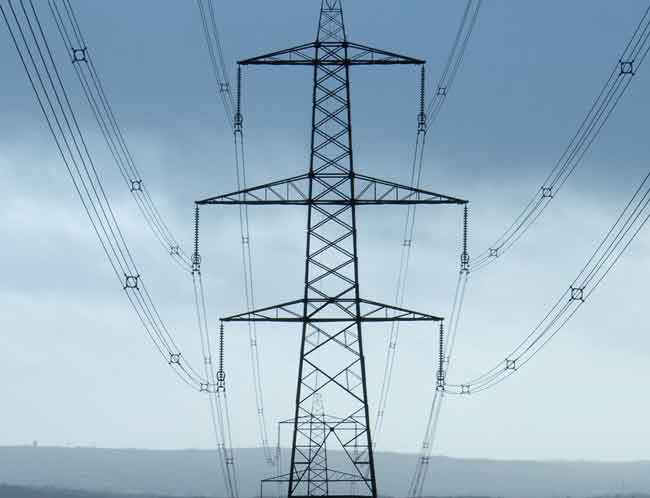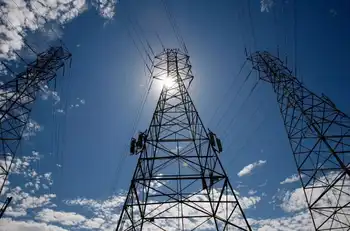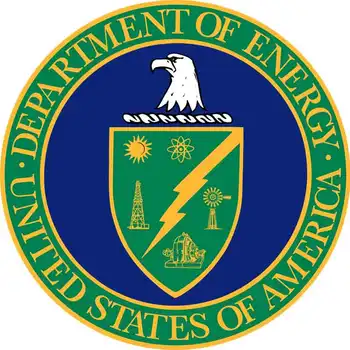Canadians Support Tariffs on Energy and Minerals in U.S. Trade Dispute

CSA Z463 Electrical Maintenance -
Our customized live online or in‑person group training can be delivered to your staff at your location.

- Live Online
- 6 hours Instructor-led
- Group Training Available
Canada Tariffs on U.S. Energy and Minerals signal retaliatory tariffs amid trade tensions, targeting energy exports and critical minerals, reflecting sovereignty concerns and shifting consumer behavior, reduced U.S. purchases, and demand for Canadian-made goods.
Key Points
They are proposed retaliatory tariffs on energy exports and critical minerals to counter U.S. trade pressures.
✅ 75% support tariffs; 70% back dollar-for-dollar retaliation
✅ Consumer shift: fewer U.S. purchases, more Canadian-made goods
✅ Concerns over sovereignty and U.S. trade tactics intensify
A recent survey has revealed that a significant majority of Canadians—approximately 75%—support the implementation of tariffs on energy exports and critical minerals in response to electricity exports at risk amid trade tensions with the United States. This finding underscores the nation's readiness to adopt assertive measures to protect its economic interests amid escalating trade disputes.
Background on Trade Tensions
The trade relationship between Canada and the United States has experienced fluctuations in recent years, with both nations navigating complex issues related to tariffs and energy tariffs and trade tensions as well as trade agreements and economic policies. The introduction of tariffs has been a contentious strategy, often leading to reciprocal measures and impacting various sectors of the economy.
Public Sentiment Towards Retaliatory Tariffs
The survey, conducted by Leger between February 14 and 17, 2025, sampled 1,500 Canadians and found that 70% favored implementing dollar-for-dollar retaliatory tariffs against the U.S. Notably, 45% of respondents were strongly in favor, while 25% were somewhat in favor. This strong support reflects widespread dissatisfaction with U.S. trade policies and growing support for Canadian energy projects among voters, alongside a collective sentiment favoring decisive action.
Concerns Over U.S. Economic Strategies
The survey also highlighted that 81% of Canadians are apprehensive about potential U.S. economic tactics aimed at drawing Canada into a closer political union. These concerns are fueled by statements from U.S. President Donald Trump, who has suggested annexation and employed tariffs that could spike NY energy prices to influence Canadian sovereignty. Such sentiments have heightened fears about the erosion of Canada's political autonomy under economic duress.
Impact on Consumer Behavior
In response to these trade tensions, including reports that Ford threatened to cut U.S. electricity exports, many Canadians have adjusted their purchasing habits. The survey indicated that 63% of respondents are buying fewer American products in stores, and 62% are reducing online purchases from U.S. retailers. Specific declines include a 52% reduction in Amazon purchases, a 50% drop in fast-food consumption from American chains, and a 43% decrease in spending at U.S.-based retail stores. Additionally, 30% of Canadians have canceled planned trips to the United States, while 68% have increased their purchases of Canadian-made products. These shifts demonstrate a tangible impact on consumer behavior driven by nationalistic sentiments and support for retaliatory measures.
Economic and Political Implications
The widespread support for retaliatory tariffs and the corresponding changes in consumer behavior have significant economic and political implications. Economically, while tariffs can serve as a tool for asserting national interests, they also risk triggering trade wars that can harm various sectors, including agriculture, manufacturing, and technology, with experts cautioning against cutting Quebec's energy exports in response. Politically, the situation presents a challenge for Canadian leadership to balance assertiveness in defending national interests with the necessity of maintaining a stable and mutually beneficial relationship with the U.S., Canada's largest trading partner.
As Canada approaches its federal elections, trade policy is emerging as a pivotal issue. Voters are keenly interested in how political parties propose to navigate the complexities of international trade, particularly with the United States and how a potential U.S. administration's stance, such as Biden's approach to the energy sector could shape outcomes. The electorate's strong stance on retaliatory tariffs may influence party platforms and campaign strategies, emphasizing the need for clear and effective policies that address both the immediate concerns of trade disputes and the long-term goal of sustaining positive international relations.
The survey results reflect a nation deeply engaged with its trade dynamics and protective of its sovereignty. While support for retaliatory tariffs is robust, it is essential for policymakers to carefully consider the broader consequences of such actions. Striking a balance between defending national interests and fostering constructive international relationships will be crucial as Canada navigates these complex trade challenges in the coming years.











